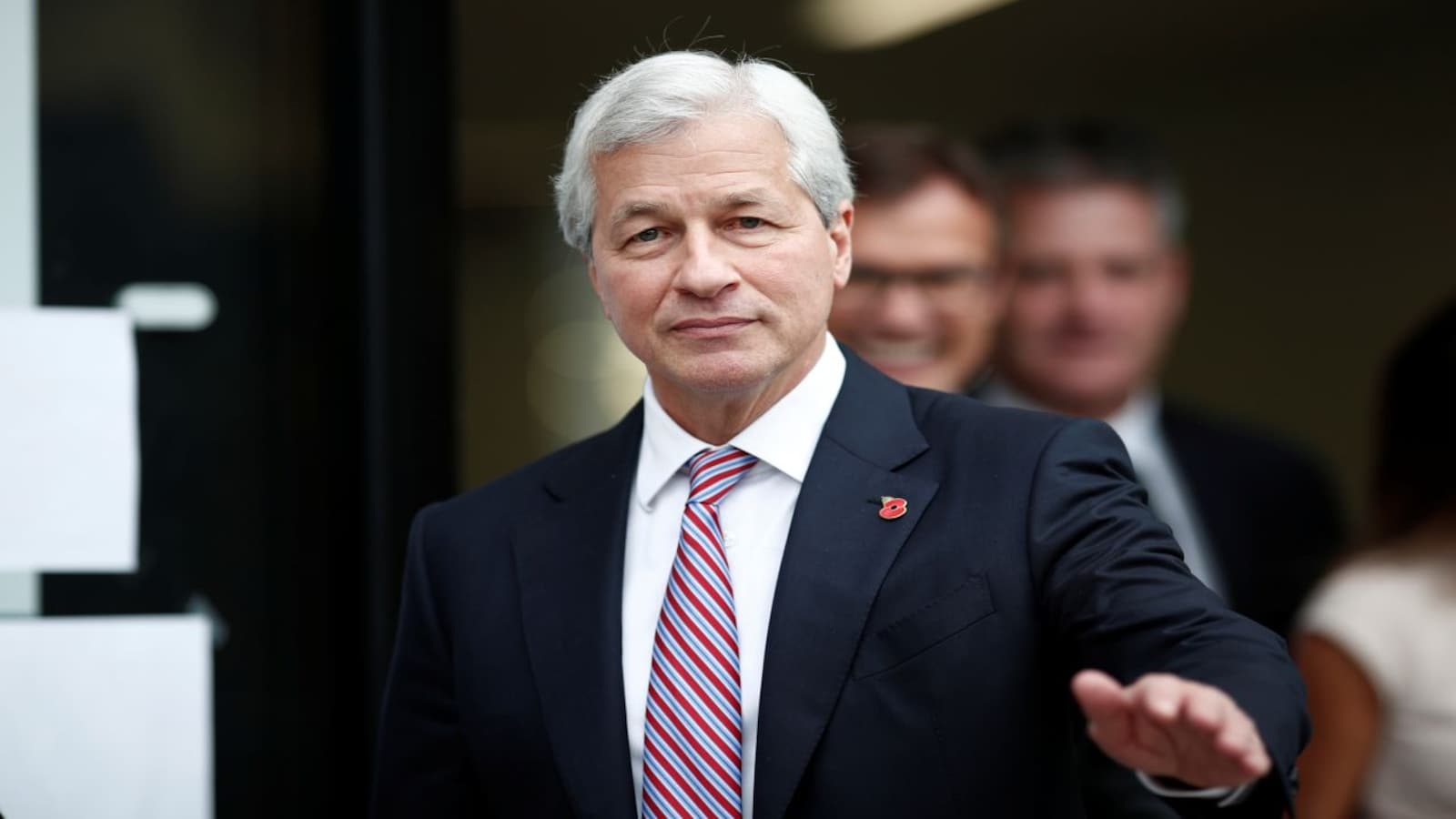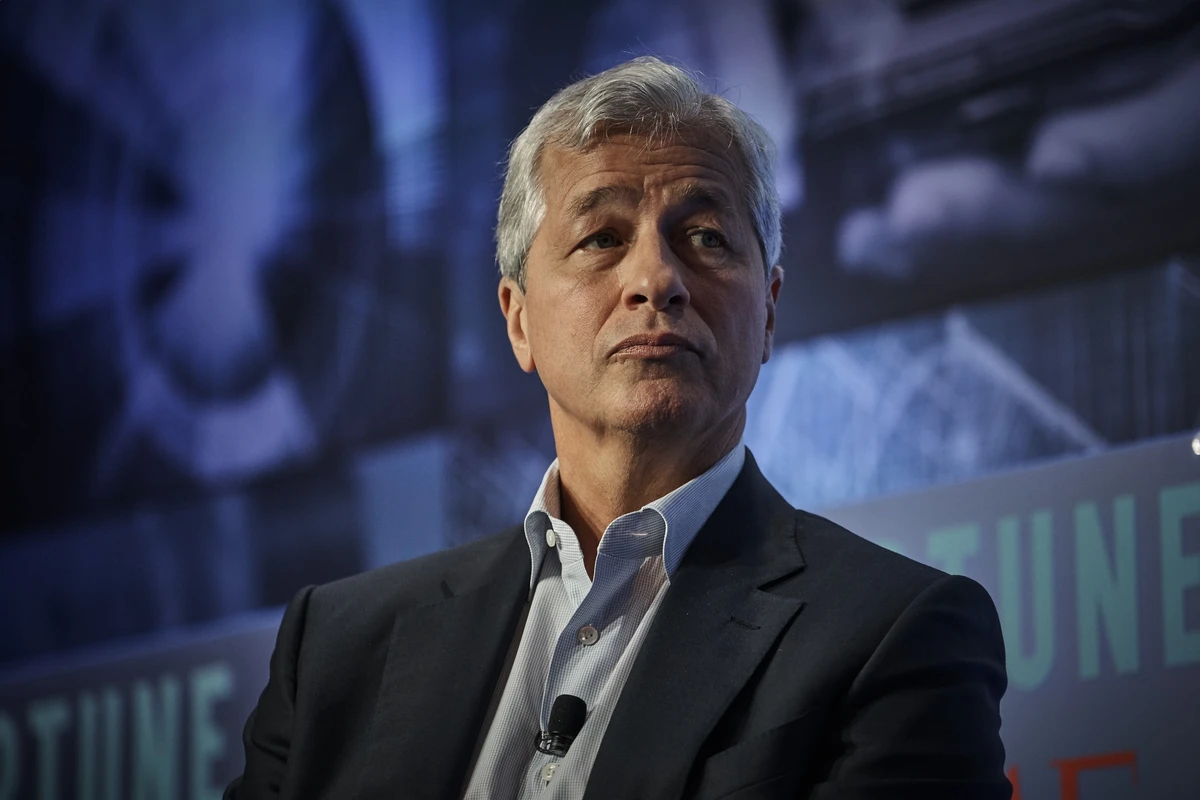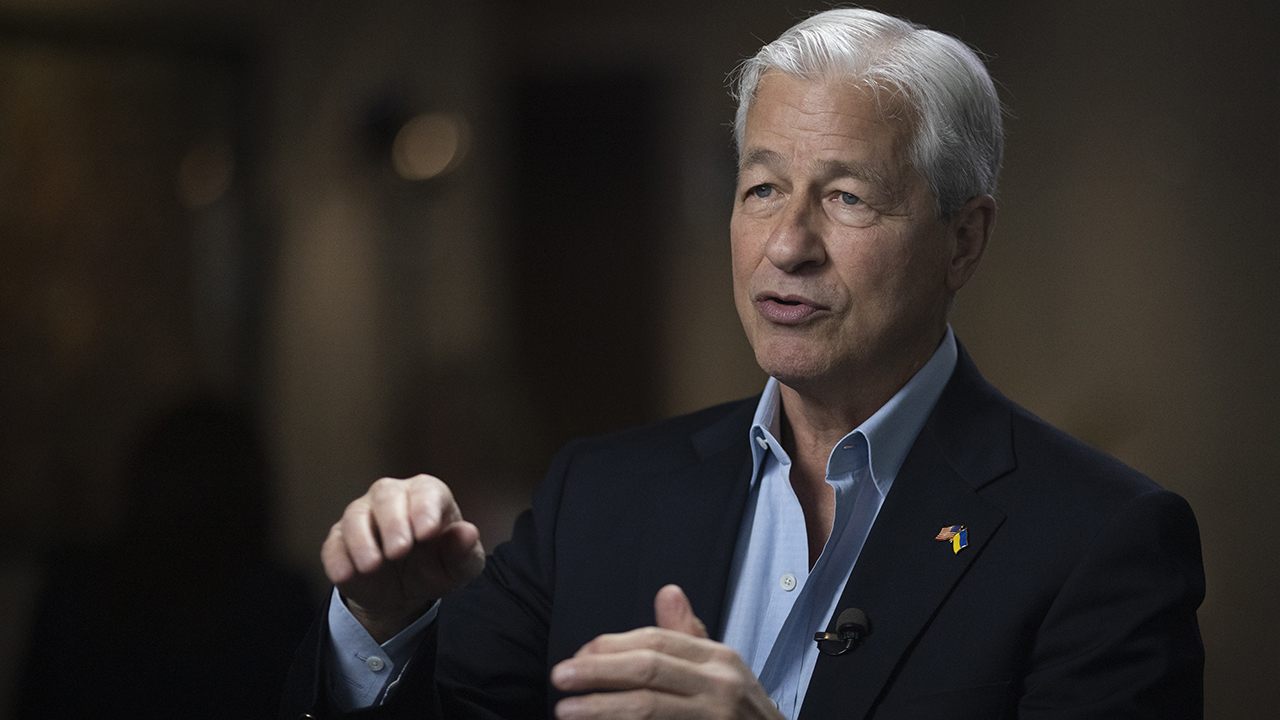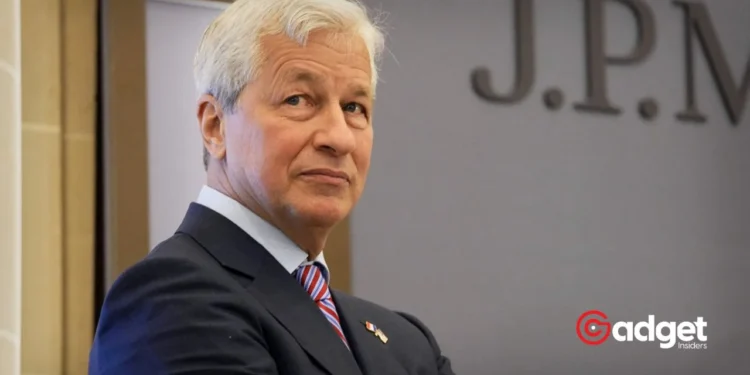In the bustling world of finance, where the winds of change are felt with every tick of the market, JP Morgan’s CEO Jamie Dimon stands as a beacon of insight and foresight. In his recent annual investor letter, Dimon not only hints at a succession plan for the helm of America’s largest bank but also delivers a stark cautionary tale about the future of inflation and the overall economic landscape.
As JP Morgan (JPM) shares saw a modest uptick in early Monday trading, the financial world paused to consider Dimon’s words, coming at a time when investors are biting their nails ahead of this week’s March inflation report.

The Economic Resilience and Challenges Ahead
Dimon paints a picture of an economy that, while resilient in the face of adversities such as last year’s regional bank turmoil, still marches on thin ice of uncertainty. The U.S. economy’s ability to dodge a recession amidst inflating prices—a scenario economists refer to as a “soft landing”—is under significant threat.
The underlying causes, according to Dimon, are multifaceted and deeply entrenched in the current socio-economic and geopolitical climate.
From the surge in employment figures that surpassed Wall Street’s expectations to the anticipation of the Federal Reserve’s stance on interest rates, Dimon’s analysis weaves through the various factors contributing to the current economic state.
He critically examines the surge in government deficit spending and stimulus measures that have fueled growth, suggesting that these may be double-edged swords in the long run.

The Inflation Dilemma and Interest Rate Speculations
The JP Morgan CEO doesn’t shy away from addressing the elephant in the room: inflation and interest rates.
With a nuanced understanding of the forces at play, including the ongoing global conflicts and their impact on energy and food markets, Dimon suggests that the path ahead may hold more inflationary pressures and higher rates than markets currently anticipate.
This assertion casts a long shadow over the consensus around a ‘soft landing’ and prompts a reevaluation of future economic strategies.
Jamie Dimon, the CEO of JPMorgan Chase, issued a sober economic forecast in his annual shareholder letter on Monday, warning that high inflation may prove more stubborn than expected.
Here are four takeaways from the letter: https://t.co/pfbo1WhJPF
— World News Tonight (@ABCWorldNews) April 8, 2024
Leadership and the Future of JP Morgan
Amidst these economic discussions, Dimon also teases the future leadership of JP Morgan, signaling a thoughtful approach to succession planning.
With figures like Chief Operating Officer Daniel Pinto and co-CEOs Troy Rohrbaugh and Jennifer Piepszak in the spotlight, the bank reassures stakeholders of its stable future, even as Dimon himself, a titan in the financial industry, hints at the inevitable transition of leadership.
The Road Ahead: A Mixture of Hope and Caution
As Dimon looks to the future, his vision is one of cautious optimism tempered with a realistic grasp of potential economic hardships.
With JP Morgan set to unveil its first-quarter results soon, the financial community will be watching closely, not just for the numbers, but for any further insights from Dimon on navigating the uncertain waters ahead.

In a world where economic fortunes can turn on a dime, Dimon’s letter serves as a critical piece of the puzzle, offering a glimpse into the thoughts of one of the most influential figures in the financial industry. It’s a reminder that in the quest for economic stability and growth, vigilance and adaptability are paramount.
As JP Morgan’s shares continue their steady climb, buoyed by the bank’s robust performance and strategic foresight, the broader economic landscape remains a complex tapestry of challenges and opportunities.
Dimon’s reflections not only highlight the immediate concerns facing the global economy but also underscore the importance of long-term planning and the readiness to adapt to an ever-changing world.









